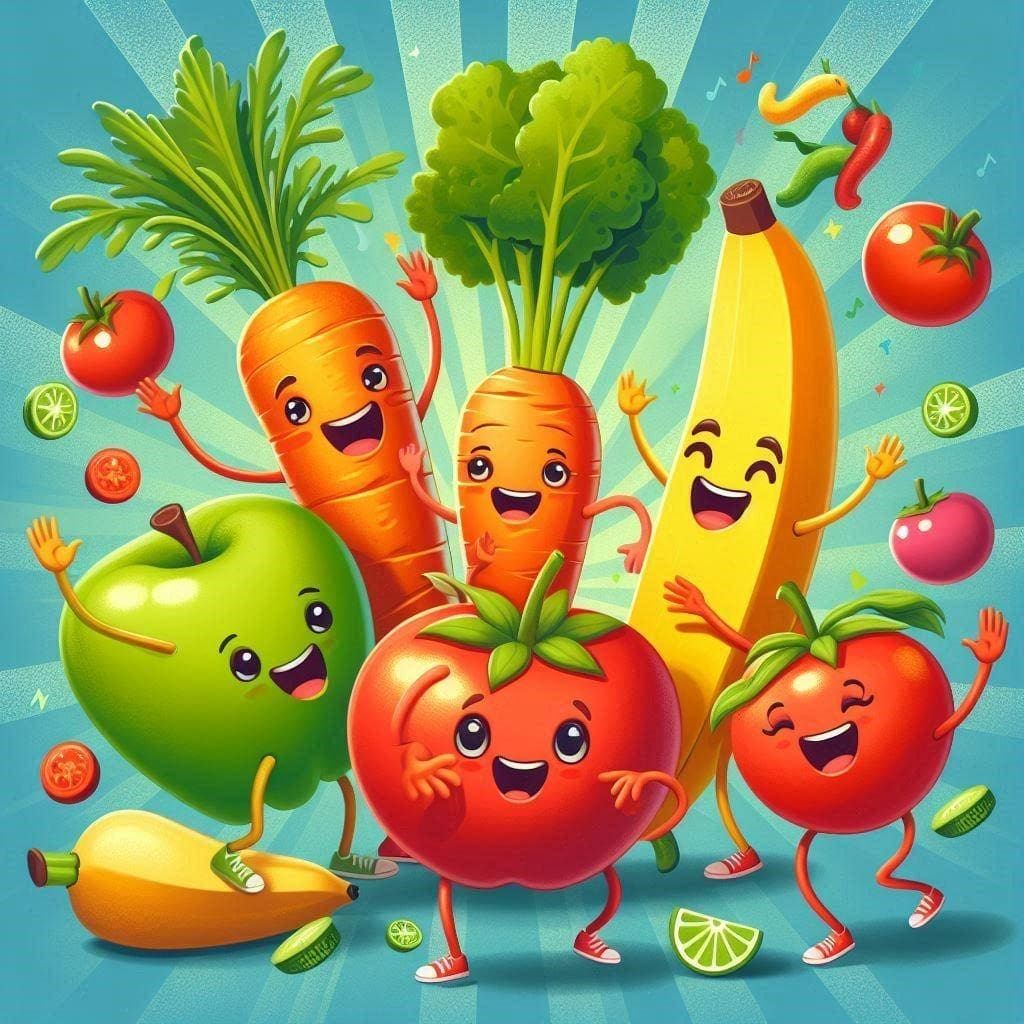September is National Fruits and Veggies Month, highlighting the benefits of including fruits and vegetables in daily meals. Kansas State University food scientist Karen Blakeslee said that the fiber in produce helps keep you full, improves digestion, and reduces the risk of diseases such as heart disease, type 2 diabetes, and high blood pressure. Many fruits and vegetables are also rich in essential vitamins and minerals.
Blakeslee recommends filling half your plate with fruits and vegetables at each meal. Consuming more fruits and vegetables can lower calorie intake, reduce weight gain, and minimize consumption of high-calorie foods. These foods can be enjoyed fresh, frozen, canned, or dried throughout the year.
National Fruits and Veggies Month also serves as a reminder to address food waste. The Environmental Protection Agency estimates that nearly 40% of food waste occurs at home. To reduce waste, plan meals and snacks before shopping, use ingredients you already have and avoid buying in bulk if items won’t be used quickly. Additional tips include adding perishable foods to casseroles, salads, or soups, freezing fresh produce, prepping fruits and vegetables for easy snacks, and composting spoiled food if possible.










